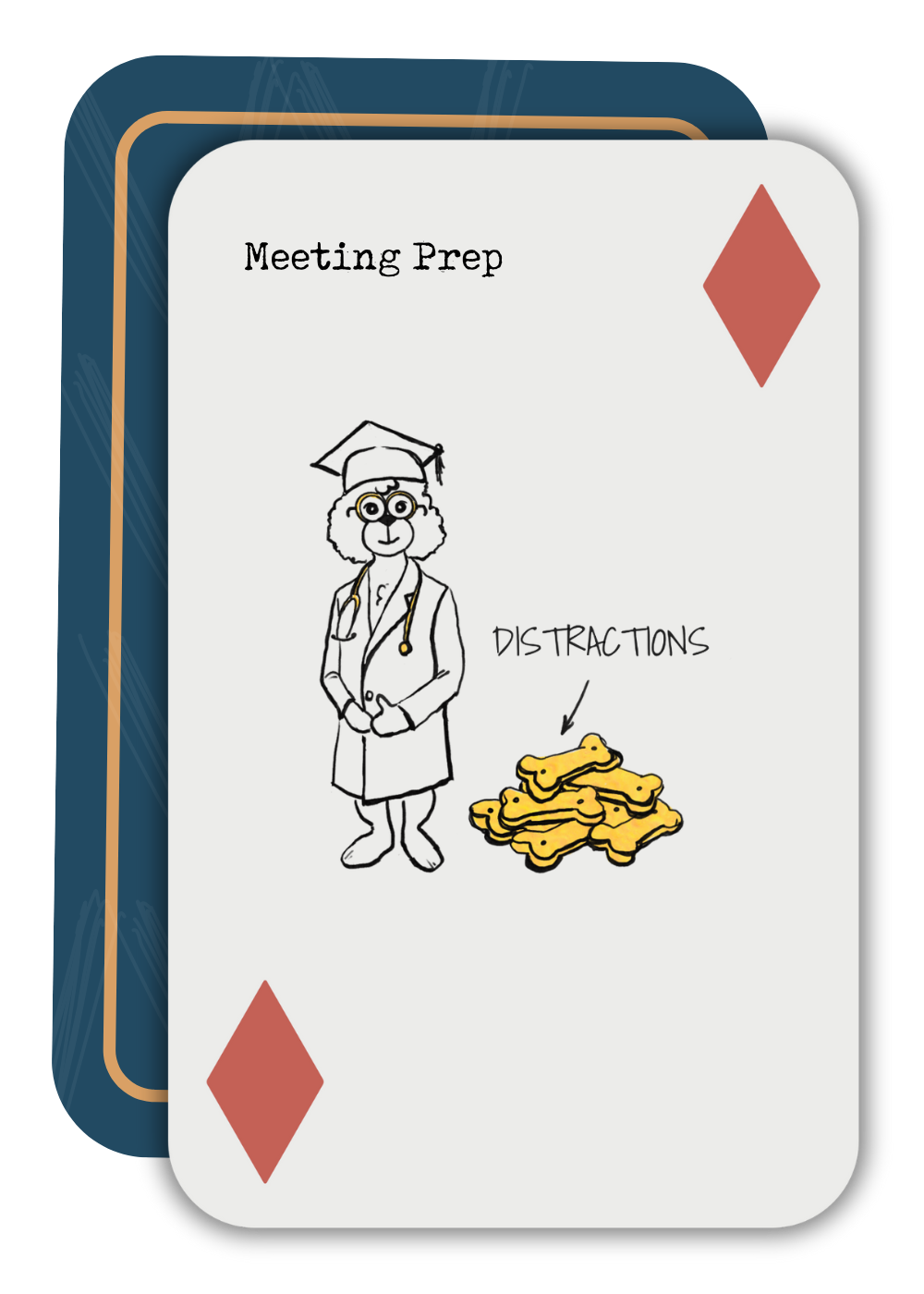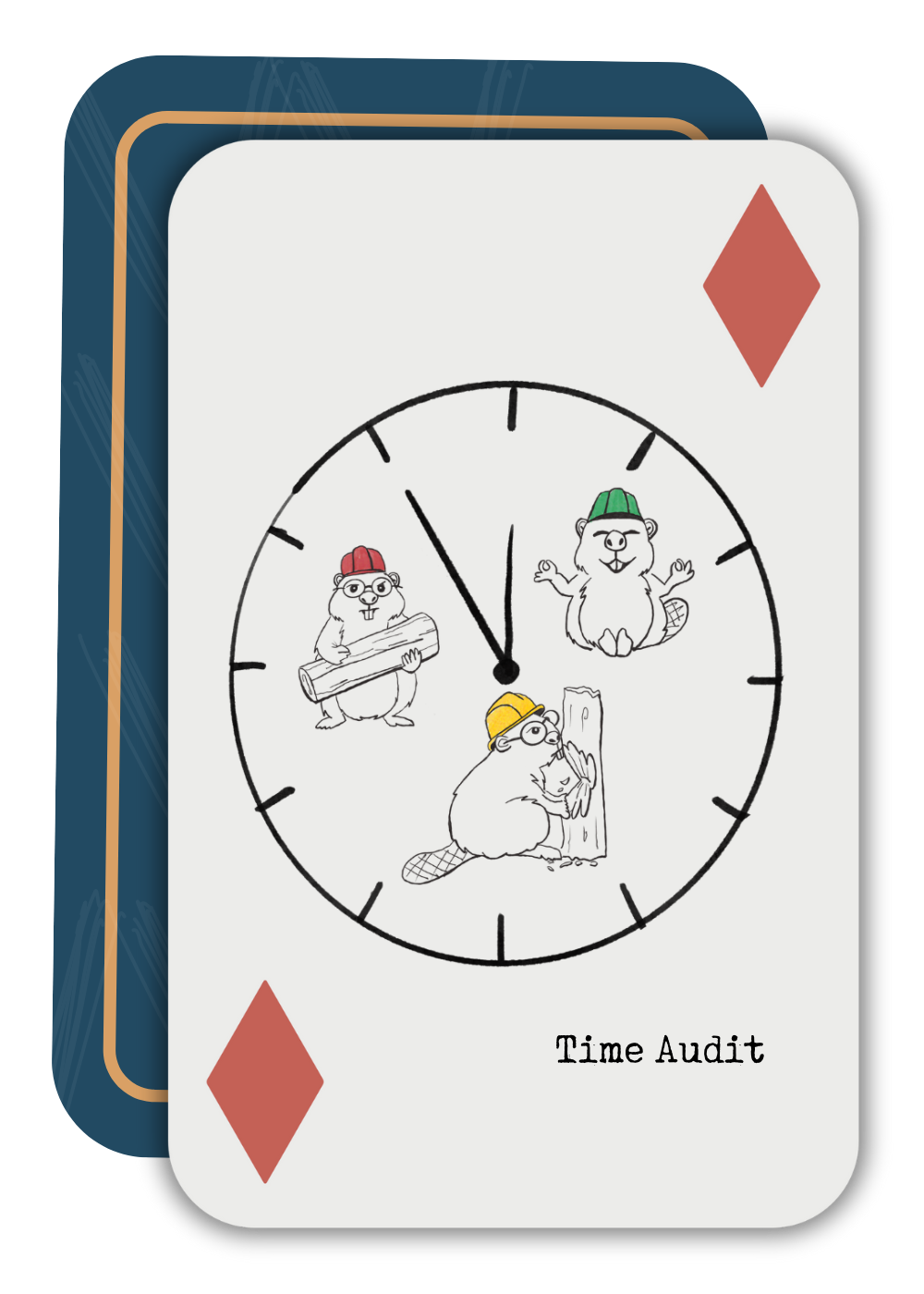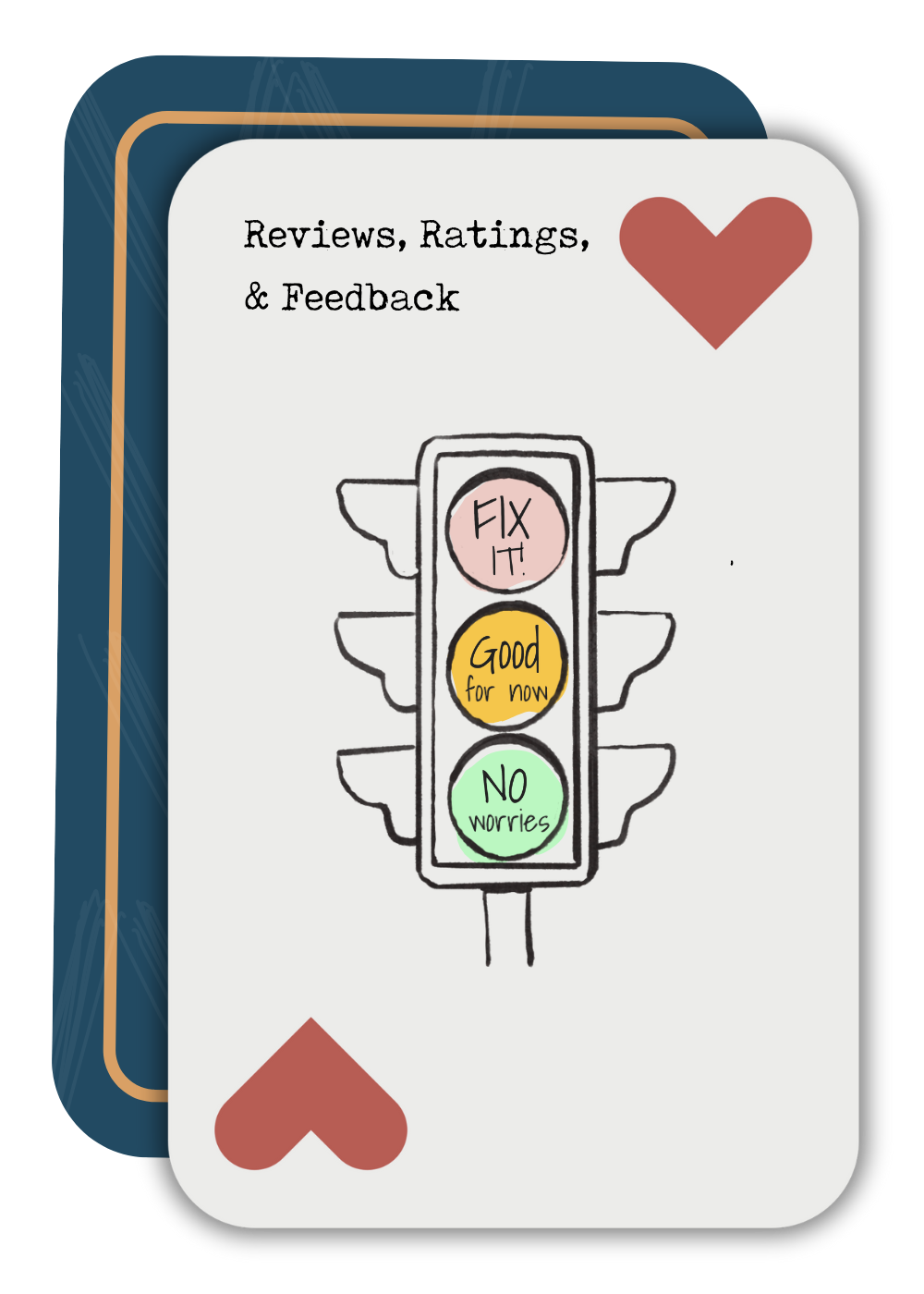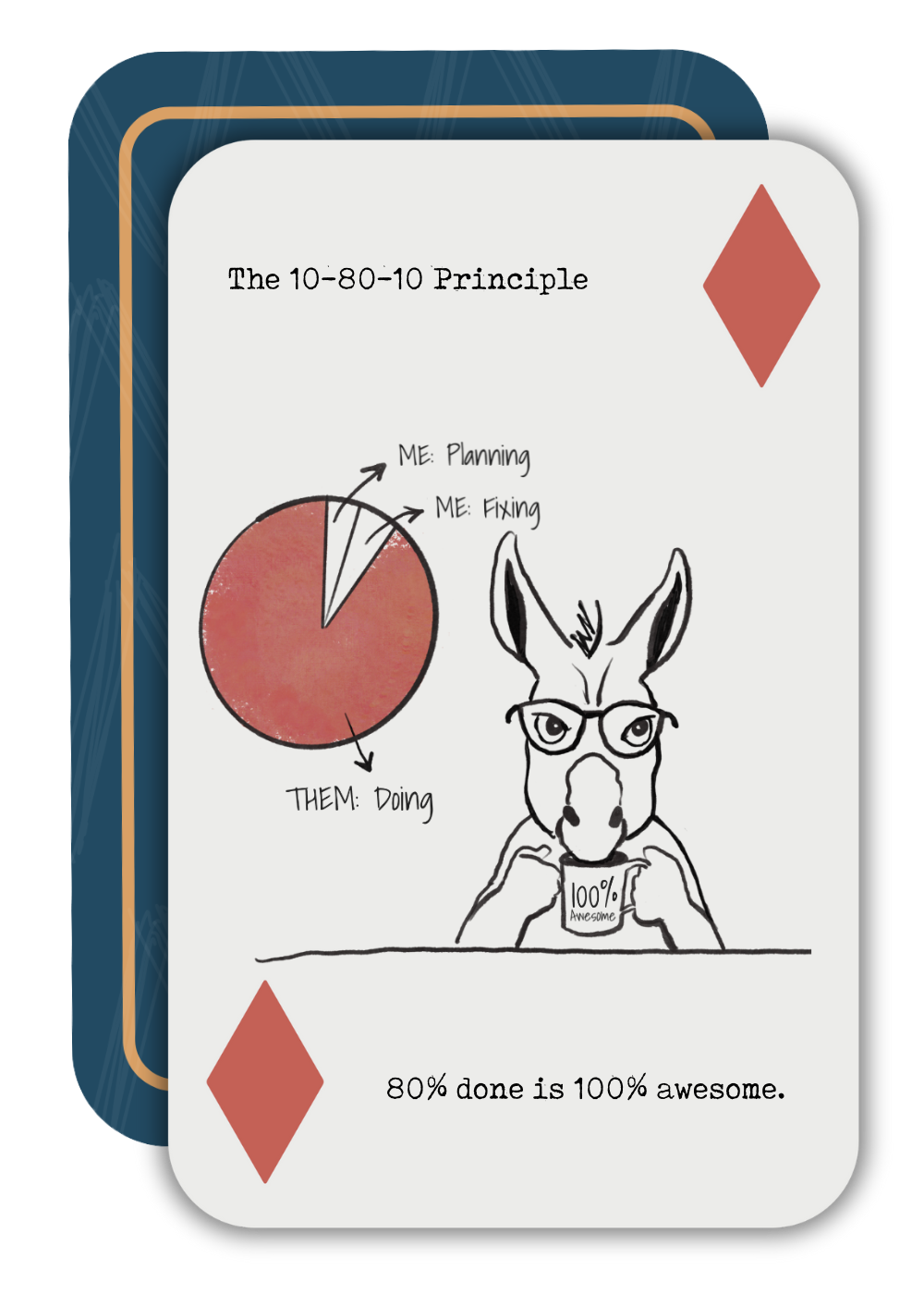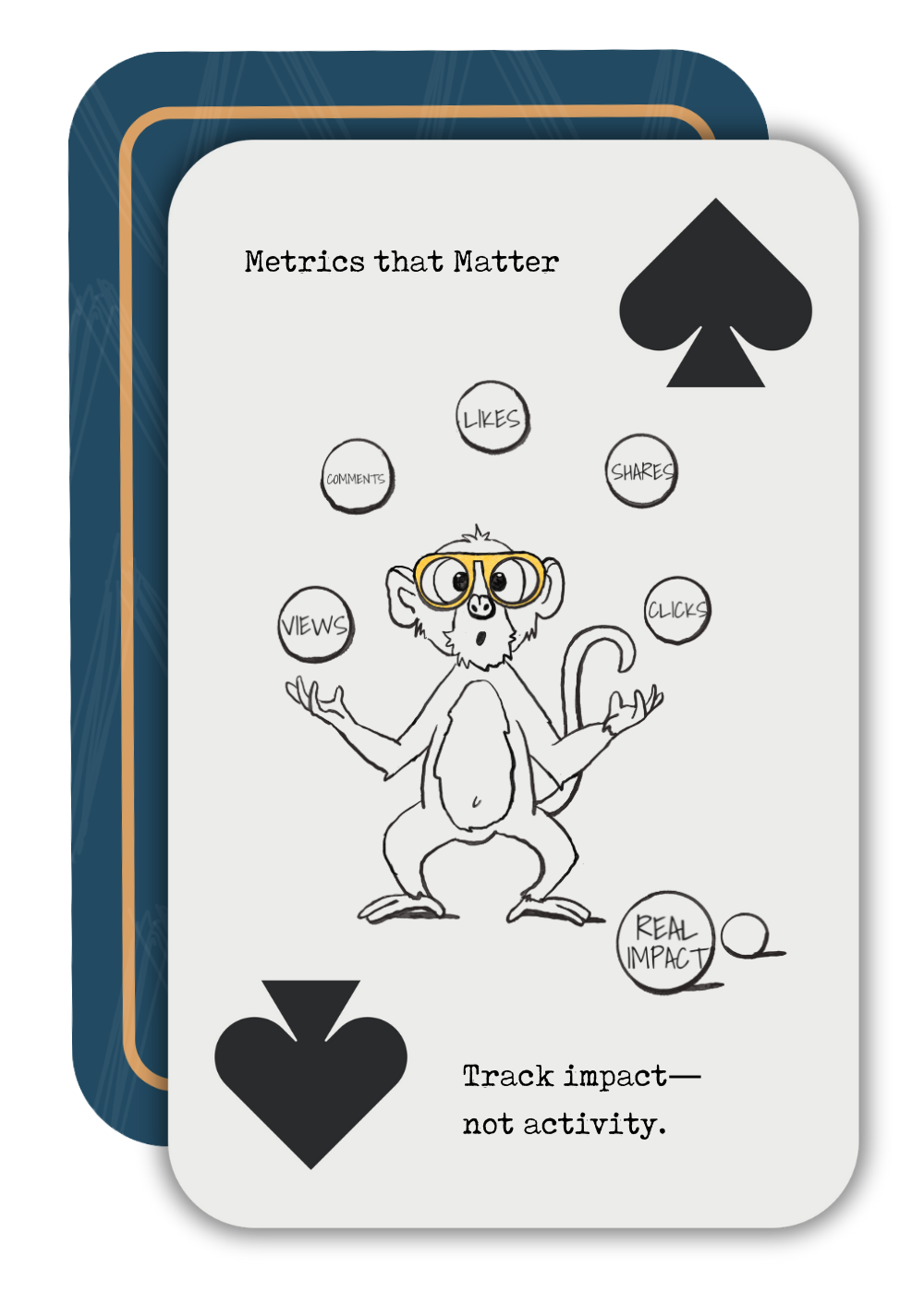Do your meetings suffer from surprise topics and frequent context switching?
“Didn’t have time to prepare for a short meeting, so we will have a long one” – I heard this from Damian Byrne, when he was coaching me and my team in my previous life.
Much more recently, I had several sessions with clients that didn’t go particularly well – even though the notes for the meeting were filled in the Metronome Software and looked great. In each case the meeting went quickly sideways and ultimately failed to fulfill its purpose. Digging into the cause, there were major topics introduced without giving others a chance to prepare and to ask for clarity. So, we spent time clarifying and understanding rather than moving on to responding and actually solving the problems presented. The result was a massive misuse of time by everyone in the room. Further, since the sessions I help to facilitate involve the senior leadership teams, massive financial and opportunity cost as well was incurred – and ultimately, wasted.
Learnings? Just filling in the notes is not enough because it can be done in a few minutes without much thinking. Writing down any status updates and noting what you need to cover in the meeting is a great start in its own right, but needs to come with discipline and respect for everyone else’s time.
Here are a few tips:
- Set a deadline for all prep. to be done well in advance (24-hours at least) of a major meeting. By then all status updates will be written down and proposed discussion items will be clearly stated including the ask – why do we need to talk about this, and what is the desired outcome? Is the agenda item to inform, get feedback, solicit help or make a decision?
- After that time, read everyone else’s prep. SCHEDULE A TIME TO DO THIS, otherwise life will get in the way. You need to make the time, or you won’t have it. You know when the meeting is happening well in advance, so go ahead and block time in your calendar the day before for preparation. Do you understand what they are asking? Do you disagree with any statements there? Is a clarification required? Ask BEFORE the meeting. Let’s ensure we are all on the same page when entering the room. The goal here is to avoid surprises (they are expensive).
- When in the room, stick to the agenda that everyone is prepared for. This is where the discipline kicks in, and whoever is in the role of the facilitator needs to up their game. Are we getting off track? Are there new topics being introduced that people didn’t have a chance to think through in advance? Those can probably wait (allowing for emergencies, of course).
- Call out squirrels – situations when the conversation goes sideways or too deep, or is not relevant to everyone in the room. Everyone in the meeting has the permission (in fact, obligation) to call this out. Usually, getting back on track leads to the topic being taken off-line by a smaller group.
- Last but not least, make sure at the end of the meeting, everyone gives a rating (1-5, 1-10, whatever works for you) and calls out one suggestion on how to make the next one better. Learn from the feedback, implement them and you’ll improve noticeably over time.
How do you ensure your meetings are the best use of everyone’s time and energy??

